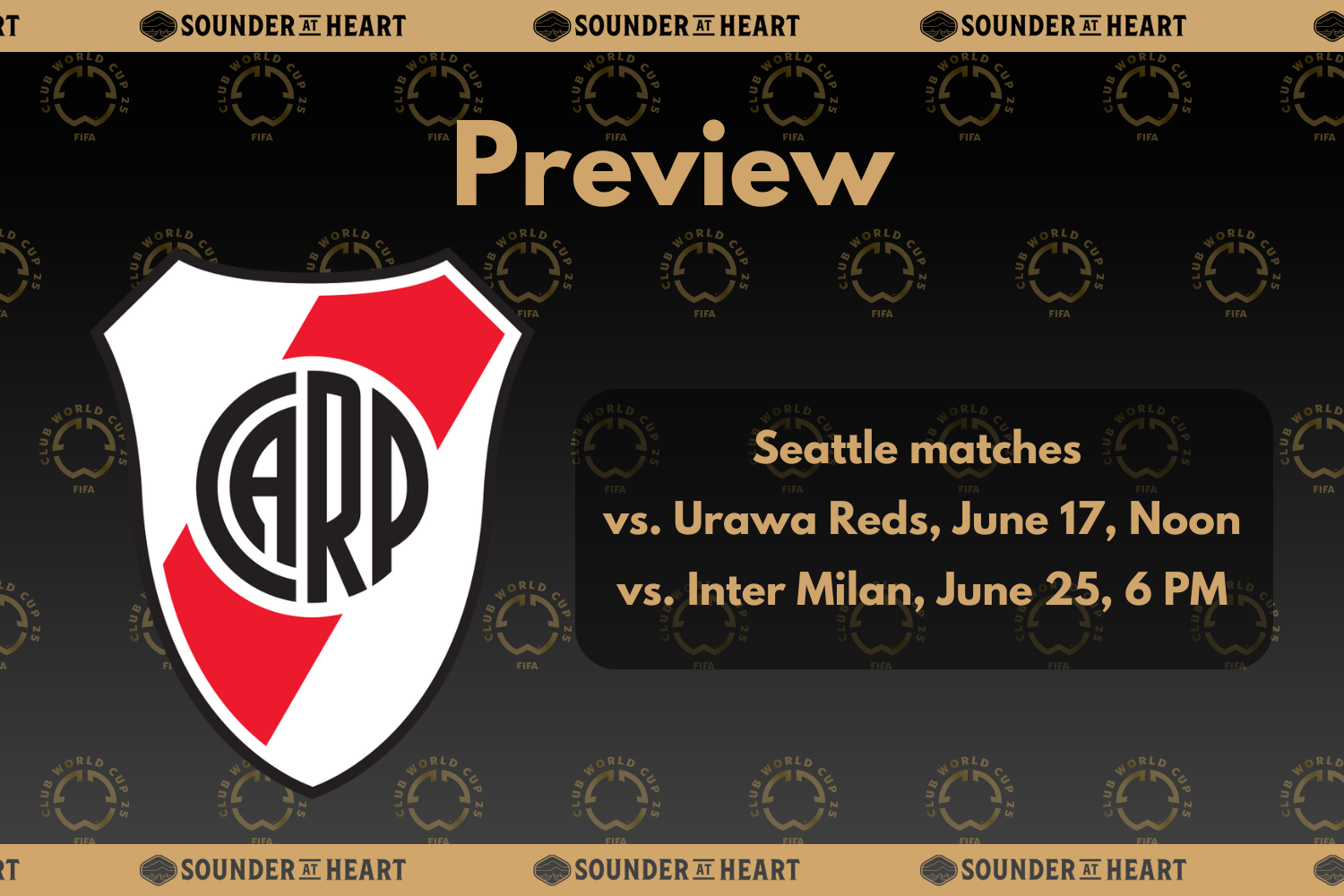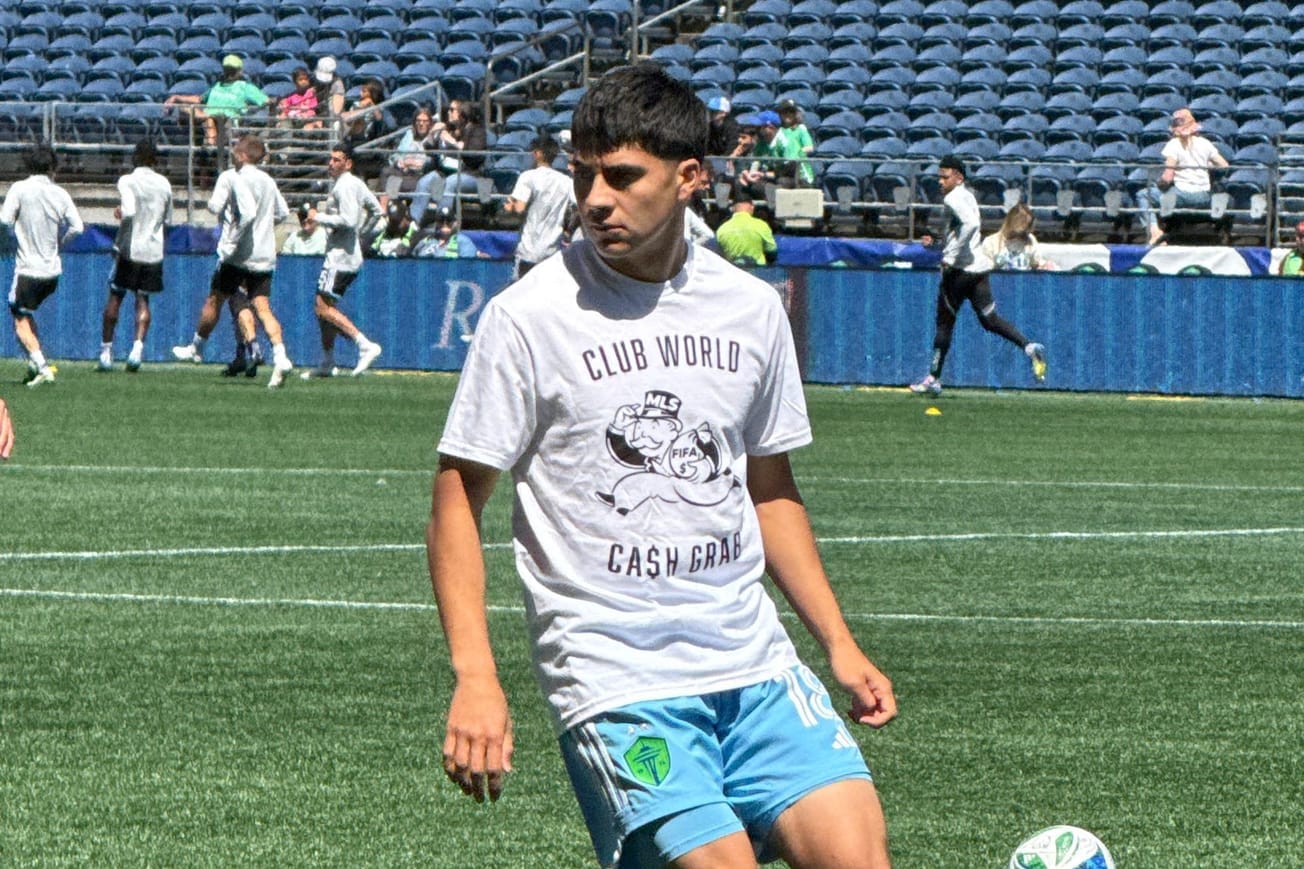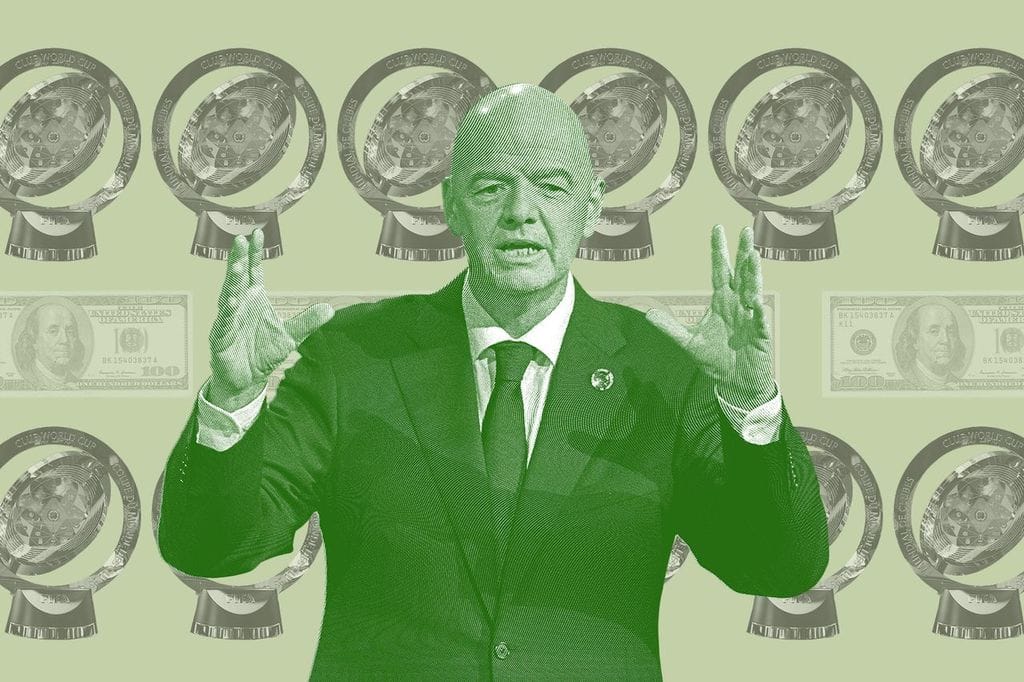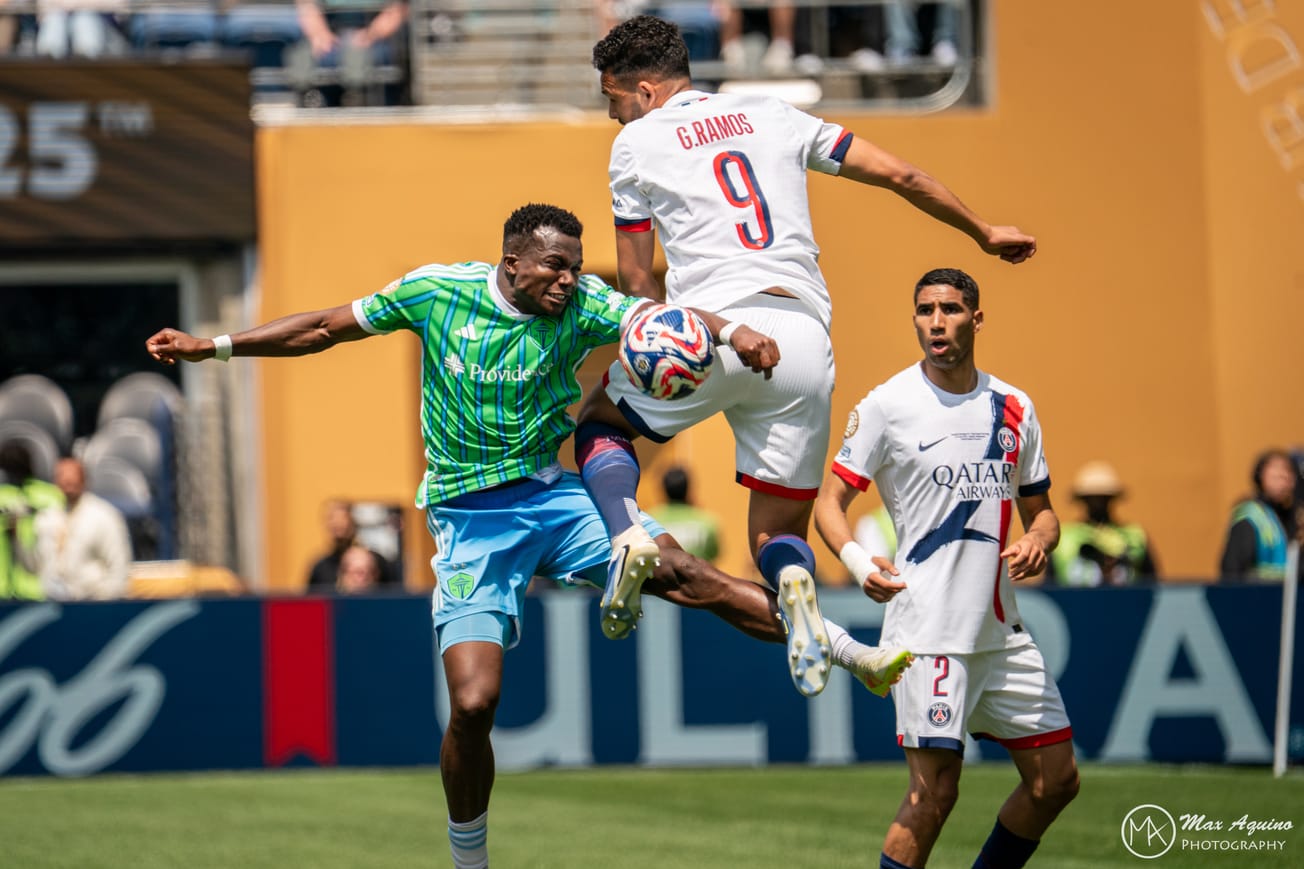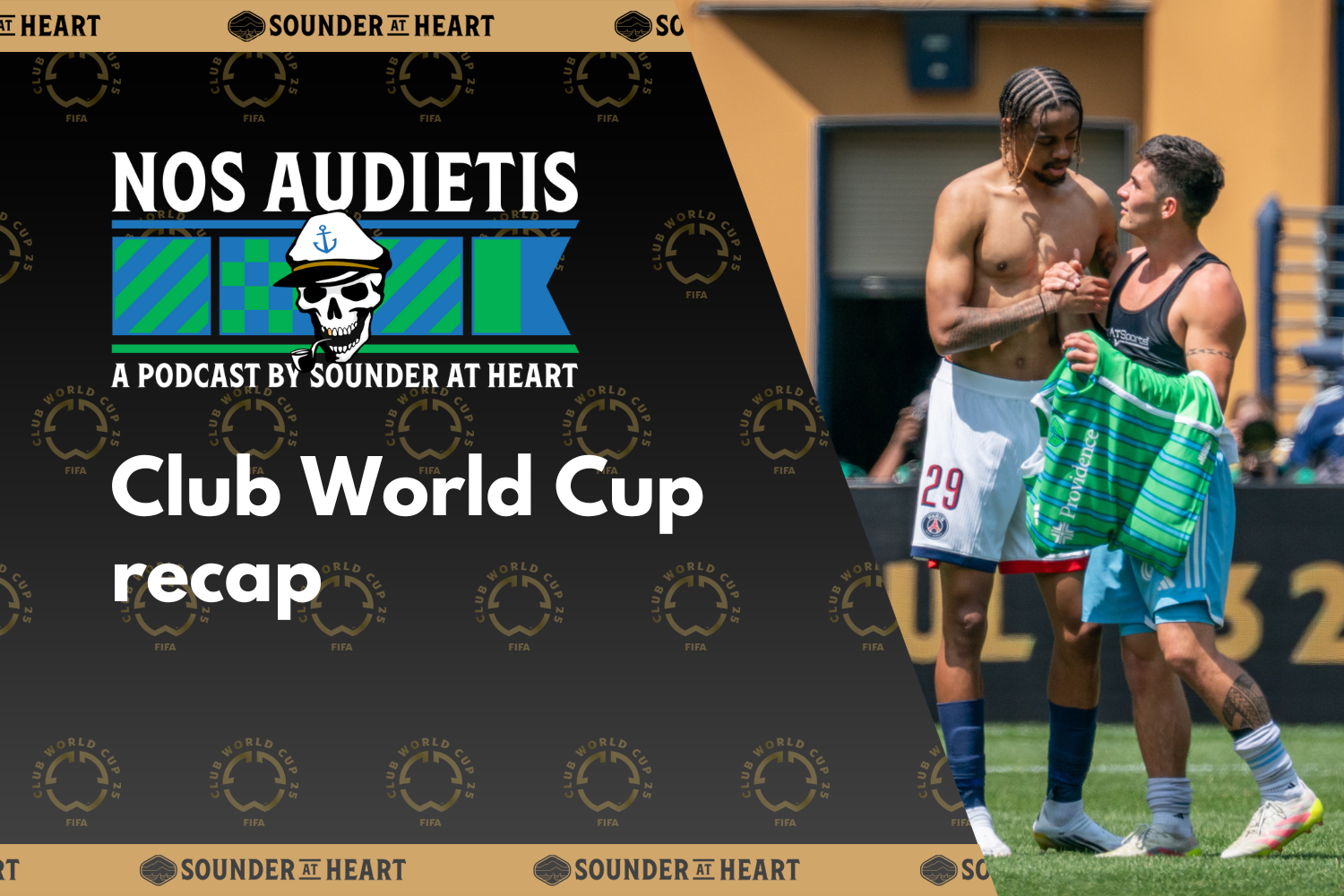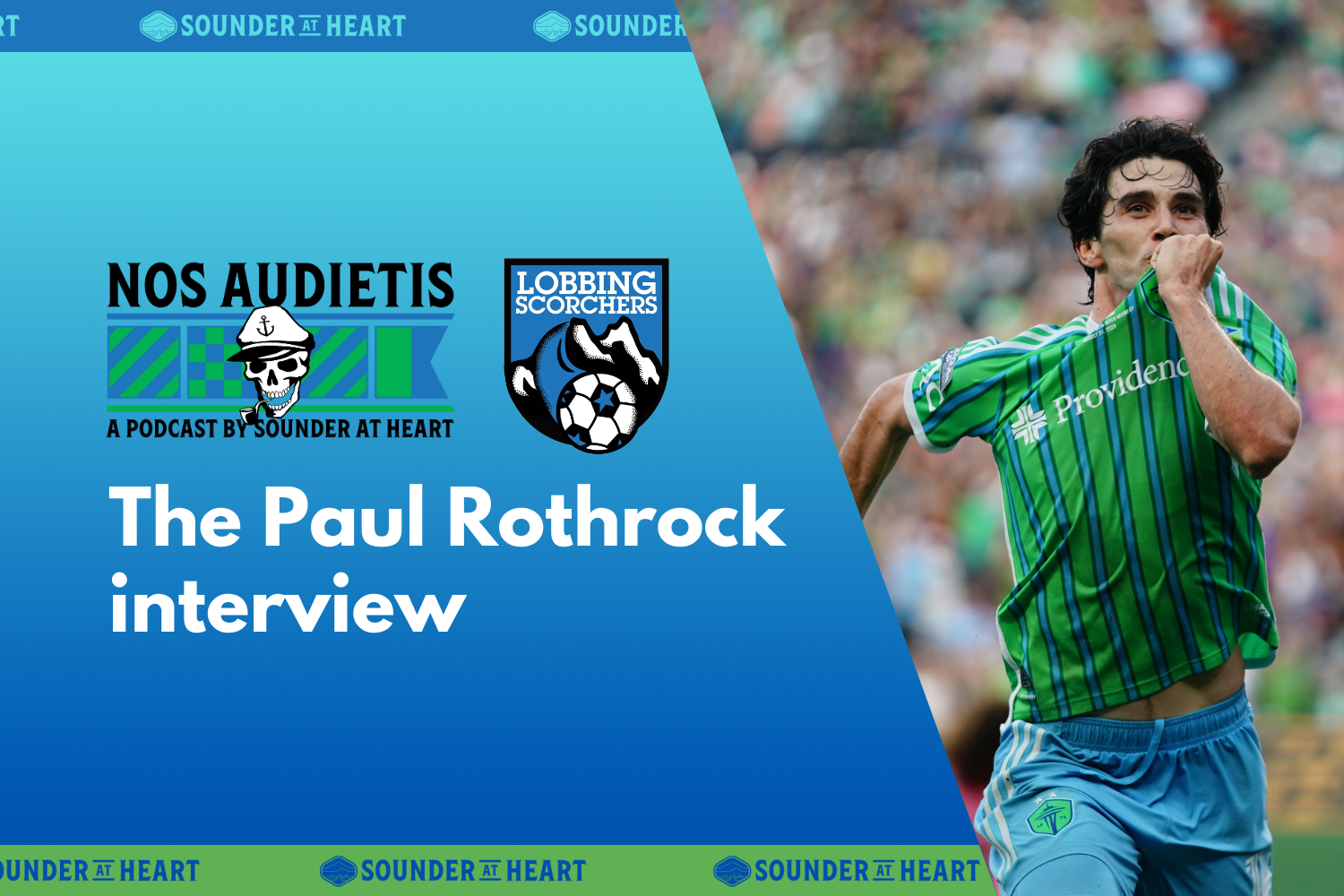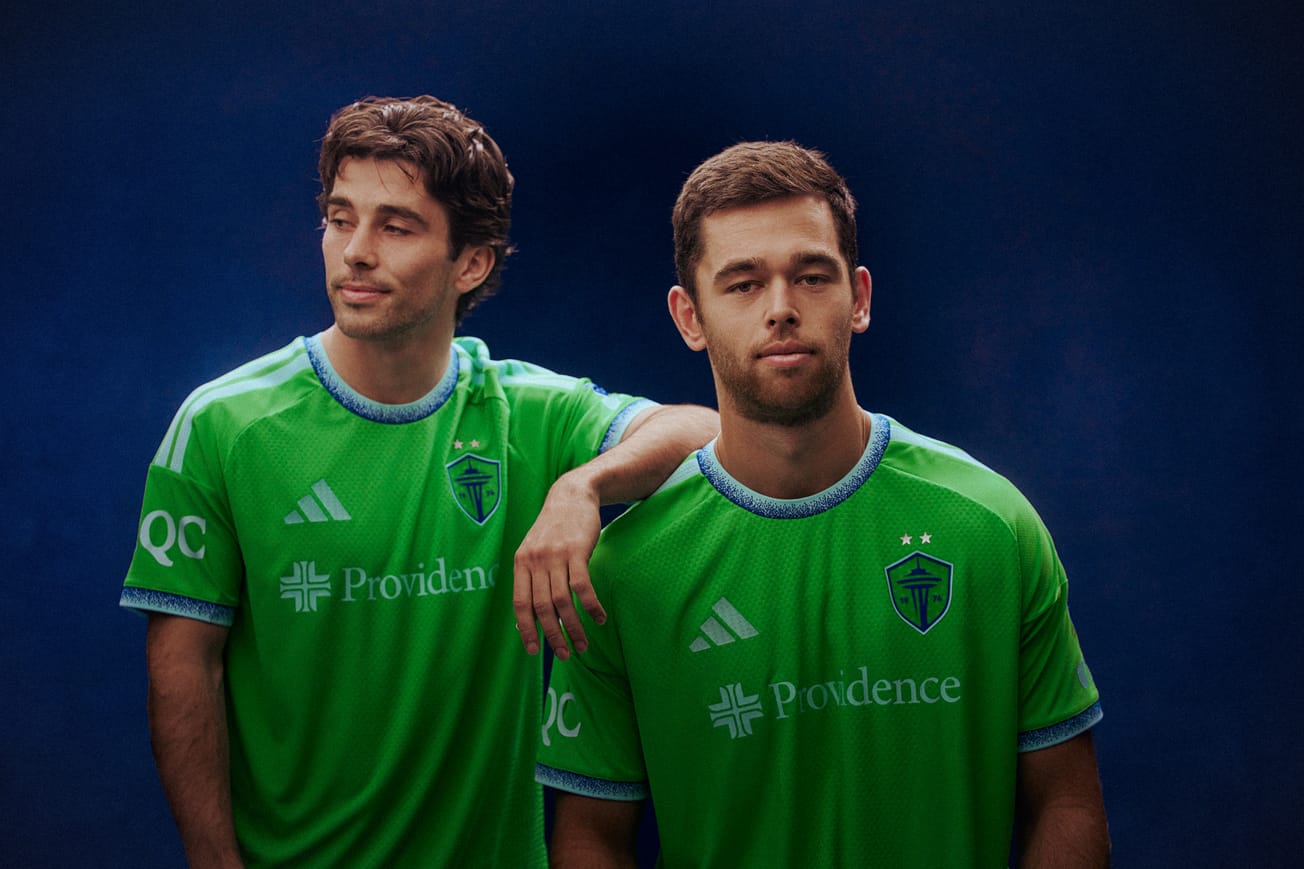As one of the biggest teams in South America, Argentina's River Plate is a legacy club of world soccer. Their 38 league titles are an Argentine record, while the only non-Brazilian teams to claim Copa Libertadores in the last 10 years are the 2016 version of Atlético Nacional (Colombia) and River's 2014 and 2018 squads. They've won South America's premier competition four times and won the 1986 edition of the Club World Cup's predecessor, the Intercontinental Cup.
How they qualified: River earned one of two spots South America had for non-Libertadores winners, ranking fourth overall in the point system FIFA applied to the competition's 2021-2024 tournaments. The only teams that finished higher? Flamengo, Palmeiras and Atletico Mineiro, all from Brazil.
Coach: The name Marcelo Gallardo should be vaguely familiar to MLS fans from his short stay with D.C. United from 2008 to 2009. Since then, the former River, Monaco and Paris Saint-Germain midfielder has had two stints as head coach of his childhood club. This will be the third time Gallardo is coaching River in a Club World Cup.
Domestic league: Argentina's is firmly established as South America's second-best league and claims a CONMEBOL-best 25 Libertadores titles. The league itself, Argentina's Primera División or Liga Profesional, is one of the few in the world that rivals MLS's size. Its 30-team format features a River-Boca Juniors rivalry that's among the best in world soccer.
How they performed in 2024-25: Coming off a fifth-place finish in 2024, River are currently fourth in the Primera. Though they've lost only once in 16 matches, River's been tripped up by seven draws, partially explaining a four-point gap to Rosario Central despite the league's best expected goals differential.
Continentially, River cruised through their four-team Libertadores group with a 3-3-0 record, earning the fourth seed in the coming knockout round and a matchup with Paraguay's Libertad. It is the 11th year in a row that River has qualified for Libertadores' knockout round.
Transfermarkt value: At an estimated €114.2 million ($130.6 million), River Plate's roster is by far Argentina's most valuable on the world transfer market and represents roughly 11 percent of the value in the entire first division.
Seattle matches: vs. Urawa Reds, June 17, noon; vs. Inter Milan, June 25, 6 PM
Key players
Franco Mastantuono - This will likely be Mastantuono's last competition with River. According to news that broke as this was written, Spanish titans Real Madrid have reportedly reached an agreement to acquire the 17-year-old Mastantuono, who has established himself as part of Gallardo's best XI since his debut a year ago. Prolific as a wide attacker or an attacking midfielder, the Argentine international already has the physical maturity to compete against European competition, while his dribbling and shooting skills mean he could be a bench option immediately for incoming coach Xabi Alonso. If you read next-Messi-type hype, feel free to eyeroll, but that's the type of hype some attach to this departing talent.
Kevin Castaño - Purchased from Russia's FC Krasnodar in March for an estimated €12.6 million, Castaño has become the most important player in Gallardo's midfield. A natural deep-lying midfielder, the 24-year-old has played the most minutes of any River field player in this year's Libertadores, leading the team in passing and competition percentage from this holding midfield position.
Lucas Martínez Quarta - Like Castaño as well as his central defense partner Germán Pezzella, Quarta has recently returned from Europe, where he enjoyed a four-and-a-half-year spell in Italy with Fiorentina. By the end of his time in Serie A, Quarta was no longer being selected to Argentina's national team, but before that, the now-29-year-old accumulated 15 caps across five years. Now, the set-piece target and occasional midfielder is the most important part of River's defense, where his strong ball skills produced two assists and an 89.4 percent passing percentage in Libertadores' group stage.
Sebastián Driussi - Another name that will be familiar to MLS fans, Driussi transferred to his original club, River, from Austin FC last year for an estimated €9.75 million. Since, he's become Gallardo's go-to striker, starting in that position in River's most important games as they've navigated league, cup and continental competitions. Driussi has six goals in 1125 minutes across all competitions since returning to Argentina, a rate slightly higher than he posted with Austin.
Enzo Pérez - Pérez turned 39 in February and is still a regular starter in River's midfield. Over a professional career that's into its third decade, the central midifelder has been part of two World Cup teams, won Libertadores with two different clubs and has played in two Europa League finals. After spending the middle of his career with Benfica and Valencia, Perez returned to Argentina in 2017 and, since signing on this year for a second spell at River, combines with Castaño to form one of the most efficient midfields on the continent.
Roster
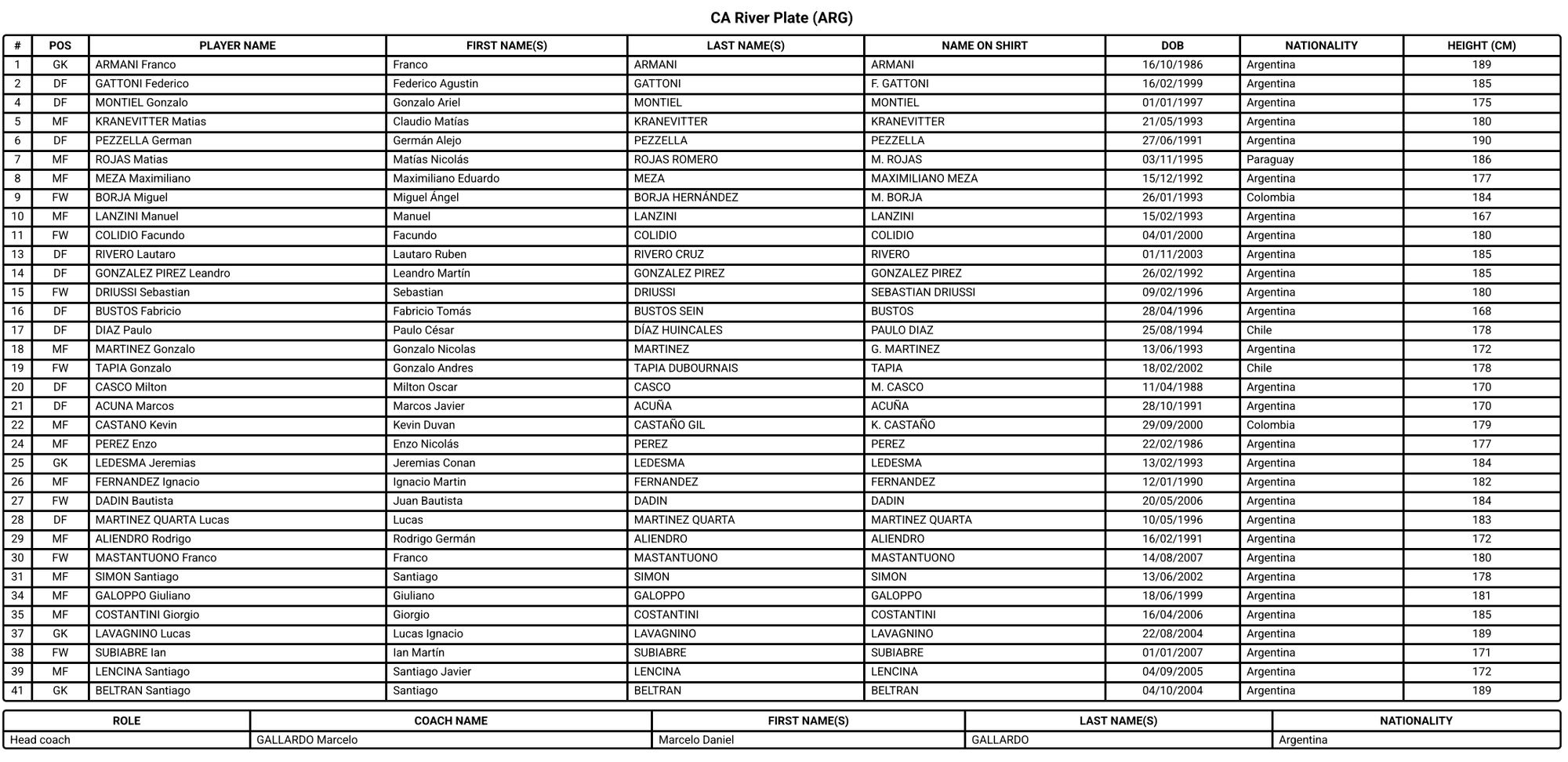
Style of play
Gallardo is reputed to be a type of dogmatic perfectionist, something that comes across in how River plays. Seemingly an extension of what the attacking midfielder was as a player, Gallardo's team puts up the type of passing numbers you'd expect from a precision-seeking, possession-based titan.
Playing mostly out of a 4-3-3 formation, River has the highest possession rate (63.9) in the Argentine league. They lead the league in shots, shots on target and expected goals, even if their conversion rate leaves River only fourth in the Primera in goals.
Continentally, River has been able to maintain that approach, maintaining 60.7 percent possession and scoring 2.17 goals per game in six group-stage matches.
One fact to impress your friends
Going back to Pérez, the veteran midfielder famously started in goal for a now-legendary Libertadores performance four years ago.
During some of the worst days of the COVID-19 pandemic, River faced a May 2021 group-stage match against Colombia's Independiente de Santa Fe, though all four of their goalkeepers had been ruled out. Unlike the Mike Magee moments we occasionally see in world soccer, Pérez's turn in goal began at the opening kickoff, with a hamstring injury having left him unable to start in his normal midfield position.
River went on to win the match, 2-1, and commemorated the occasion with a display in the club's museum.
What are their chances of winning the whole thing?
Not great, and they know it. "Considering where we are today and for a team as big as we are, we’ll be looking to go as far as possible in the tournament," Pérez told FIFA. Finishing as the best non-Europe team should be considered both a realistic goal and a successful outcome.
What makes this team interesting?
Once a titan of the world's game capable of winning the Intercontinental Cup, River now embodies the reality of our Europe-centric soccer, one where sales like Mastantuono to Real are not only common place but ironically beneficial for the selling club.
Consider players like Castaño, Quarta and Driussi - all recent, veteran acquisitions from outside Argentina; all relatively expensive, in terms of the broader world game. Together, they cost an estimated €24 million, or just over half of Mastantuono's buyout clause. Gonzalo Montiel and Marcos Acuna from Sevilla. Germán Pezzella from Real Betis. Ezequiel Barco from Atlanta. Facunco Colidio from Inter Milan. All of these players have returned to Argentina over the last two years; all cost River at least seven figures in fees (total for those five: an estimated €29.65 million); only two are over 29 years old (Pezzella and Acuna, both 33). They've already sold Barco on to Spartak Moscow for a profit.
River aren't just bringing back players who've reached their European expirations. When they get €45 million for a Mastantuono, they bring back impact starters. Fees like the €18.5 million Manchester City paid last year for Claudio Echeverri helps improve multiple spots in the starting XI. When teams like Benfica and City come in for Enzo Fernandez and Julian Alvarez, the €55.65 million from those deals helps keep the team amongst South America's most talented.
And in the best case scenarios, the players eventually come back. Montiel's sale to and return from Europe cost the club some years of his career, but in the face of that inevitability, River netted roughly €6.5 million. When Quarta came back to Buenos Aires from Florence, River was €6 million better for it.
While reducing professional soccer to finances can be sad and dull, it's a reality fans share with one of Latin America's biggest clubs. We make the most of it by taking joy from the field. They make their most by maximizing the system.
Richard Farley is a former sports journalist whose work could be found at FourFourTwo, Univision/ABC News, NBC Sports, the Guardian, ESPN, FOX Sports and SBNation.


